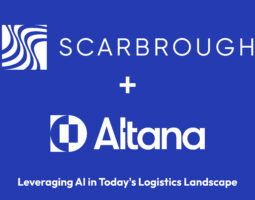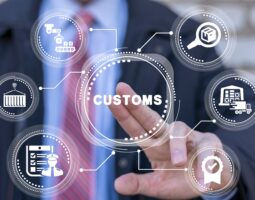Examining the Importance of Ethical Supply Chains
In today’s global, connected world it is more important than ever for importers to know where their goods are coming from. Businesses and consumers are increasingly educated on Environmental, Social & Governance (ESG) Initiatives. Armed with that knowledge, consumers are more inclined to buy ethically sourced goods. A recent Oracle & Savanta study found that 93% of consumers believe sustainability and social factors are more important than ever.
Businesses have long been faced with the difficult balance between practicing good, ethical business and maintaining sustainability and maximizing profits. Nowhere is that more evident than in today’s global supply chain. Companies are now more inclined than ever to know where their goods are being sourced, from tier 1 suppliers all the way down to the raw materials.
US Customs & Border Protection is also putting the onus on importers to know where their goods are coming from, every step of the way. The end goal is to ensure importers aren’t importing goods that have any interaction with a non-compliant entity, namely forced labor, sanctioned entities, or even entities involved in direct criminal activity. With CBP’s recent crackdowns, it is now more financially prudent than ever for importers to rely on an ethical supply chain to do business.
Now more than ever, companies that engage in ethical business and supply chains stand to benefit and remain more sustainable in the long run. Detention of non-compliant goods carries a significant cost in both time and money. But producing fairly sourced goods can also make a business stand out among consumers, leading to more profitability.
Visibility Requires Technology & Money
This is where things get hazy for businesses. Most organizations have knowledge of their tier 1 and sometimes even tier 2 suppliers. After that it gets more difficult for businesses to keep track of their suppliers’ suppliers down the line.
This is where new technology comes into play. Multiple providers have developed software to enhance supply chain visibility. Mesur.io, Kharon, Interos, and Everstream Analytics all provide supply chain risk management technology to help importers and brokers identify potential risk and disruptions all the way down their supply chains.
Altana leverages the power of AI to provide unmatched insight into an organization’s entire value chain. Altana is the same platform US CBP and Scarbrough use to determine risk across supply chains. It flags suppliers for various risk factors, including the top problems CBP is looking for in imported goods.
Altana also takes the next step and helps identify new suppliers with no known risk factors, saving time and providing peace of mind that customers’ supply chains are as ethical as possible.
The problem for importers tends to be cost. These platforms aren’t cheap, which makes it more beneficial to have a customs broker or partner on your side. While these platforms are becoming more accessible and common, they are still a value add from third-party brokers.
Compliance and Ethics
As technology continues to evolve and regulations adapt to our expanded knowledge of risky entities, it will become a necessity to have more visibility of supply chains. Adopting new technology and partnering with a broker who can assist will help get businesses in front of potential risks down the road.
Between increased compliance and expanded consumer knowledge of ESG initiatives, it is becoming more important than ever to ensure an ethical supply chain all the way down to raw materials. Moving forward, the cost of inactivity could go further than just CBP detention costs as consumers choose to align themselves with businesses with more ethical and transparent supply chains.
For more information on ethical supply chain practices or how to get these technologies on your side, reach out to Scarbrough to talk solutions.

